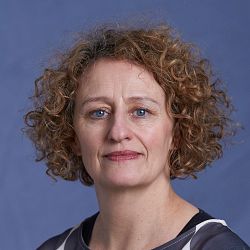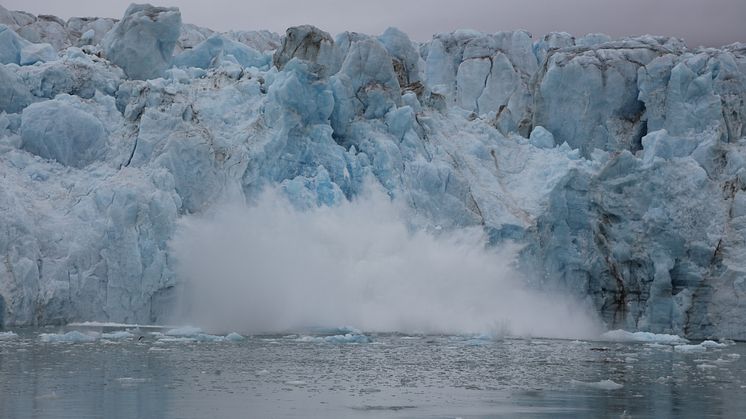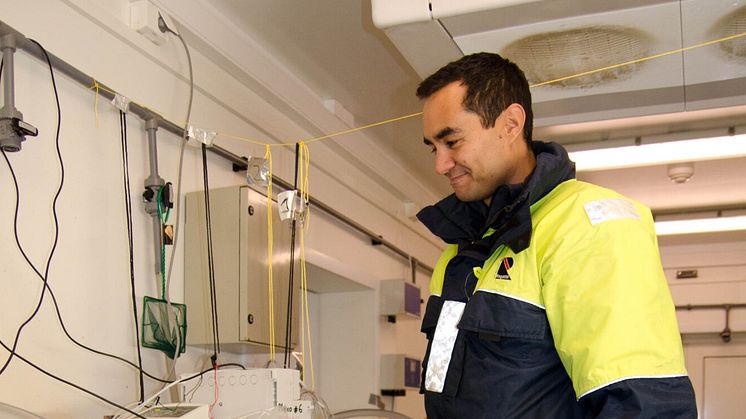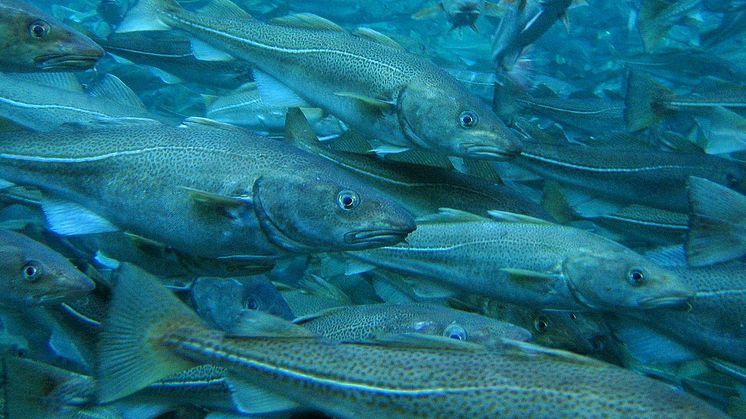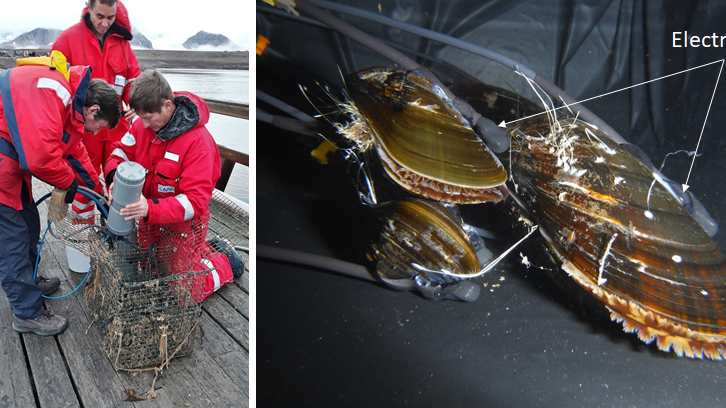
Nyhet -
Re-emerging blue mussels in Svalbard - how are they adapting?
Climate warming is changing the distribution of marine species worldwide. In the Arctic, species from lower latitudes are expanding north, into areas previously dominated by Arctic species. An issue of concern is how these expanding species are adapting to the new environments and the consequences this might have on local biodiversity. Blue mussels are good candidates to study the adaptations of species undergoing a poleward expansion as this species has recently re-established in the high Arctic.
To find out more about the life of blue mussels in Svalbard, Akvaplan-niva scientists, Dr. Hector Andrade Dr. Lionel Camus and Msc. Carl Ballentine teamed up with longtime collaborator Dr. Damien Tran, his colleagues at CNRS/University of Bordeaux and Jørgen Berge, UiT The Arctic University of Norway, to study the gaping behavior (opening and closing of valves) of blue mussels (Mytilus sp.) in Kongsfjorden, Svalbard. This gaping activity is closely related to physiological processes such as breathing and nutrition which responds to environmental conditions following rhythmic cycles. The team were able to monitor growth and behavior of the re-emerging blue mussel and compare these to the growth and behavior of the Icelandic scallops Chlamys islandica,a native species. By using a valvometer developed by CNRS/University of Bordeaux, gaping activity was recorded in the field, remotely and continuously for almost two years, encompassing two full polar day and polar night periods. The study was financed by the French National Research Agency, the French Polar Institute, the Fram Centre flagship "Fjord and Coasts" and the Svalbard Environmental Protection Fund.
The study results, just published in the Royal Society Open Science, showed marked differences between blue mussels and Icelandic scallops with regards to gaping behavior, growth and environmental drivers. Blue mussels were mostly open and grew more in periods when daylight was available. In opposite, during the polar night, they were less open and presented reduced growth. Icelandic scallops on the other hand were less responsive to the light cycles remaining relatively open throughout the year while displaying a more constant growth pattern regardless of gaping behavior. For both species, growth was highest in the period comprising the summer solstice and the autumn equinox. During the polar night, growth was reduced but still effective. The results showed that blue mussels are highly adaptive species and therefore a promising bioindicator to study the consequences of biodiversity changes due to global warming.
Link to article: https://royalsocietypublishing.org/doi/10.1098/rsos.200889
Review article valvometer: https://www.frontiersin.org/articles/10.3389/fmars.2016.00187/full
